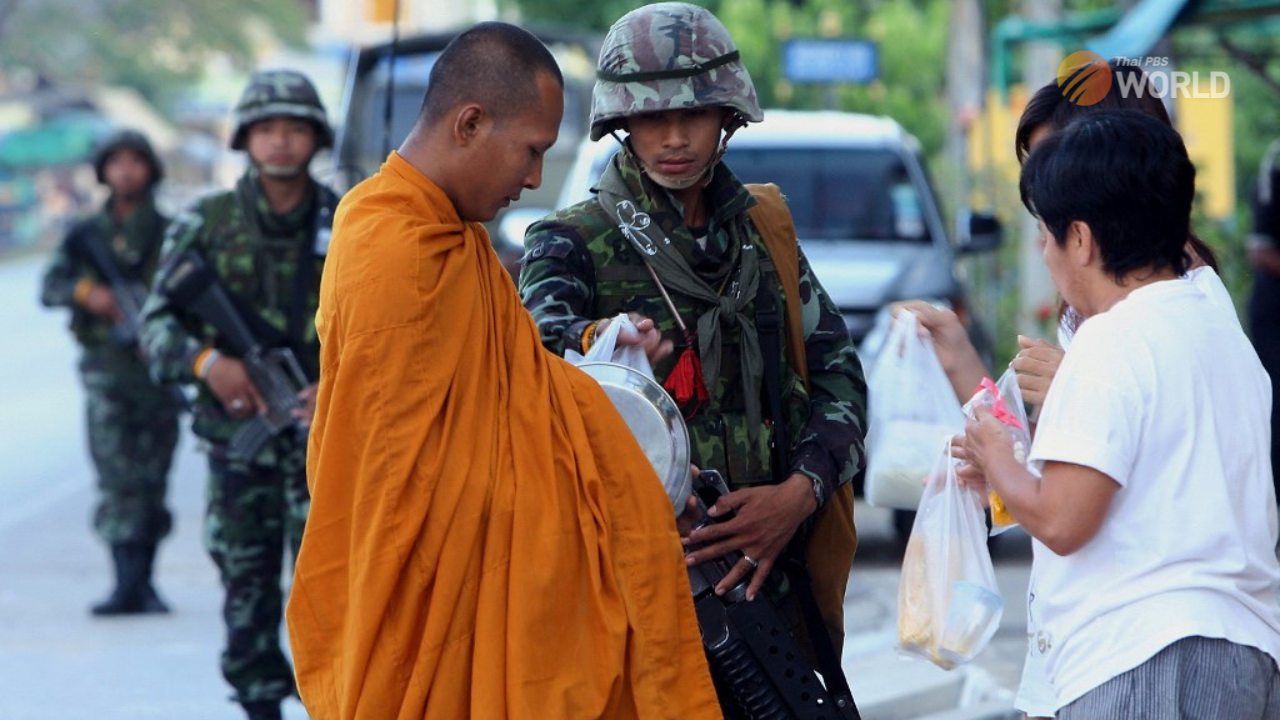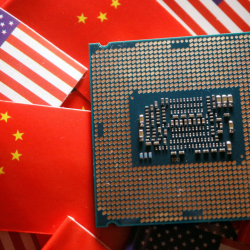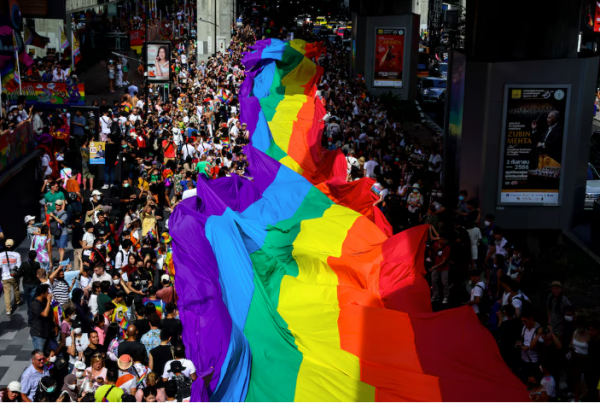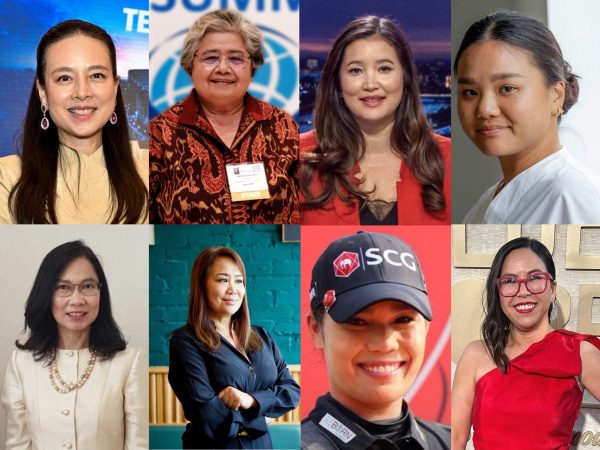Civilian-led solution needed for permanent peace in the deep South

In the final of the three-part series, our Political Desk sheds some light on the plans of the eight-party coalition to push for institutional reform to bring permanent peace in the deep South.
The peace process to end the conflict in the strife-torn predominantly Muslim deep South would be underpinned by commitments to democratization, demilitarization, and decentralization, as well as reform of institutions and the local administration, according to the coalition parties expected to form the next government.
Move Forward and Fair, two of eight political parties in the coalition, had made it clear in public even during their election campaign that they wanted reform and restructuring, which would end the military’s role, to facilitate the return of normalcy in the deep South.
However, despite the bold intentions, the ideas for action are still sketchy. Other key parties in the coalition, notably Pheu Thai and Prachachat, have seasoned and charismatic leaders to handle the region, but they have yet to spell out their plans clearly. The two parties are unlikely to compromise on any issues on which they strongly disagree, while it hardly needs mention that the establishment elite and the military, who want to maintain the status quo, will fiercely resist the plan.
Failure of strong-arm tactics
Chaitawat Tulaton, secretary-general of Move Forward Party, blamed the military-led solution for the failure to bring peace to the strife-torn region. Previous governments, including those under the Pheu Thai and its previous incarnations, have spent more than 300 billion baht over the past nearly two decades but failed to contain the violence that has claimed more than 7,000 lives so far, he said on the party’s website.
Entitled “progressive peace”, the party has proposed the 3D solution — democratization, demilitarization, and decentralization — to build a people-centric peace process under the leadership of a civilian government.
Fair Party’s secretary-general, Kannavee Suebsang, told local media that his party had proposed three pillars for lasting peace in the deep South. The first pillar is to put the peace process on the national agenda and have sincere peace talks in accordance with international standards. “Don’t be afraid of internationalization of the deep South issues. A genuine peace process actually needs to be internationalized,” he told ThaiPublica program.
The second pillar is to allow local people to have freedom of expression by allowing them to speak about their desires, wants, and needs. All basic rights must be improved. The third pillar is to reform the local administration, enabling civilian roles and local participation, he said.
The party proposed during the election campaign that the new government should withdraw troops and remove all the nearly 2,000 security checkpoints set up on the streets in the deep South, he said.
Furore over mock referendum could derail deep South peace moves
New administrative structure
The Move Forward and Fair parties have reached a consensus on dissolving two military-led agencies — the Internal Security Operations Command (ISOC) and the Southern Border Provinces Administrative Center (SBPAC) — as they have not been able to contain the violence and establish peace in the restive region.
The administration and operation in the region would be replaced by a civilian-led administrative body when the new government finishes its plans to decentralize the national governance, according to sources in the two parties.
Empowering the locals
The form of the new administration is being discussed among the parties in the coalition, but general ideas are to empower local entities to run the region on all matters, including security, they said.
“There are a wide range of ideas on the administration of the region. Many people are proposing combining the entire region under a special administration, while some are making the case that if a decentralized province were in place, the local people should be allowed to make the decision about their own administration,” a Move Forward Party source said.
The three southern provinces of Pattani, Yala, and Narathiwat, as well as four districts in Songkhla province, have been under a state of emergency and been administered by military-led agencies since violence erupted in early 2004.
Too many agencies have already spoiled the peace efforts. The Prime Minister’s Office, the National Security Council (NSC), and the ISOC have sometimes come up with confused and contradictory policies. These agencies were supposed to only implement policy. But ISOC has its regional command post as an operational unit on the ground. It is currently headed by Lt-General Santi Sakuntanak, the commander of the Fourth Army Region, which also is responsible for security matters in the restive South. The ISOC is a de facto military agency performing civilian tasks.
While the Interior Ministry has provincial authorities under its jurisdiction and command for administrative work and development projects, the SBPAC is designated as a special agency to do similar jobs for the region. The SBPAC was supposed to be a civilian organization, but the current chief is Rear Admiral Somkiat Phonprayun, former commander of a marine corps in Narathiwat province.
Uphill task to demilitarize and decentralize Thailand’s deep South for lasting peace
Role for Parliament
In order to bring normalcy to the region, the new government will need to scrap many special laws created to authorize military-centric operations in the deep South. In many cases, security agencies have exercised those laws to abuse the rights of the people.
The ISOC, for example, exercises its authority under martial law, emergency law, and internal security law to detain suspects without charge for more than a month, according to Kannavee.
The authorities have renewed the state of emergency every three months since it came into force in 2005, but that has not helped contain the violence. “It’s very abnormal to have a region under emergency for nearly 20 years,” Chaitawat said.
The Move Forward Party wants the emergency law to be in force for no more than 30 days and wants the government to take approval from Parliament if it wanted to extend the enforcement, he said, adding, a suspect should not be detained for more than 48 hours without a charge.
Creating a permanent office
The coalition has considered ideas not only to end the role of the military but also to enhance the role of Parliament in the peace process. A working group in the Move Forward Party is mulling the creation of a permanent secretariat for the peace process, which would report directly to Parliament like many other independent organizations.
“It would be a permanent office, but not last too long. If the office fails to establish peace within a given timeframe, let’s say 10 years, it would be logically dissolved,” a member of the working group said on the condition of anonymity.
Kannavee said there was a need to institutionalize and promulgate a law for the peace process. The previous talks failed as it was dealt with by representatives of the armed forces on both sides in a secretive manner outside Thailand. It was not a legitimate peace process.
The Barisan Revolusi Nasional, which has sent its representatives to talk to a military-led delegation over the past years, is in fact an outlawed organization. Many of its members are wanted in Thailand in connection with treason and many criminal charges. They need to talk in Malaysia as the Thai authority has refused to grant them any immunity.
For any future talks to be successful, it would require a whole new approach to the peace process.
By Thai PBS World’s Political Desk






